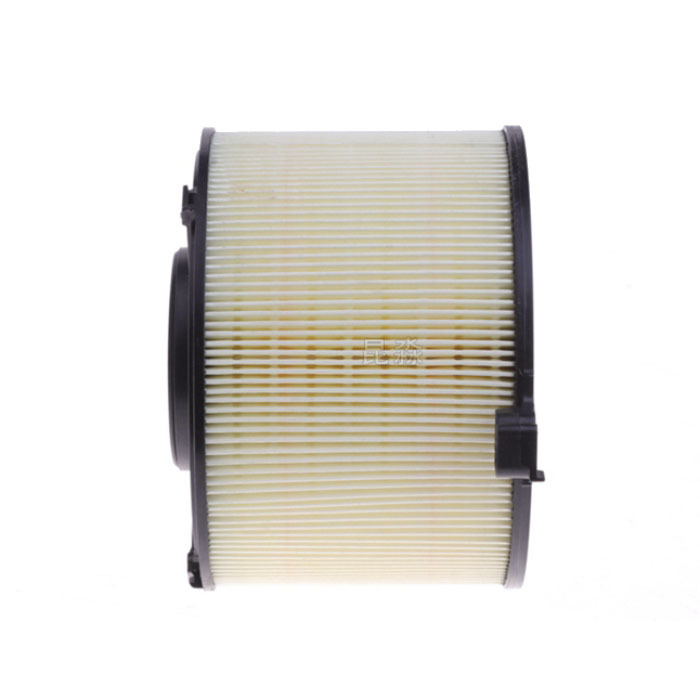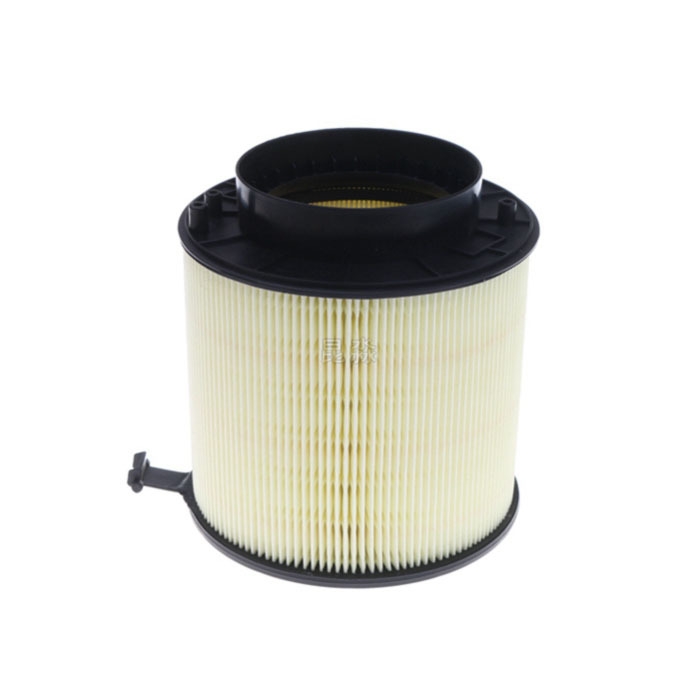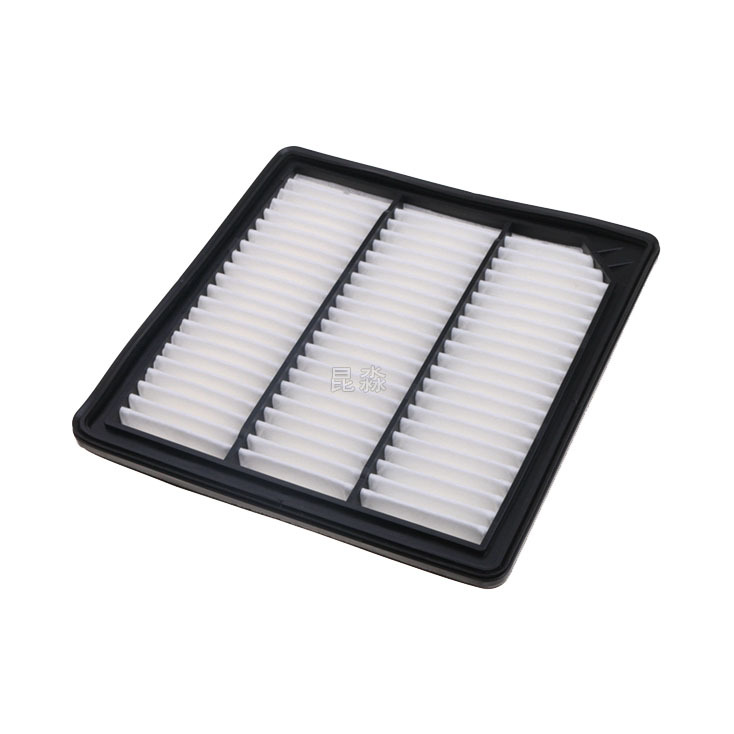Exploring Different Types of Auto Air Filters: A Comprehensive Guide for Car Enthusiasts
Release Time:
Feb 04,2025
Exploring Different Types of Auto Air Filters Table of Contents 1. Understanding the Importance of Auto Air Filters 2. Types of Auto Air Filters 2.1. Engine Air Filters 2.2. Cabin Air Filters 2.3. Performance Air Filters 2.4. HEPA Air Filters 3. How Auto Air Filters Work 4. Signs Your Air Filter Needs Replacement

Exploring Different Types of Auto Air Filters
Table of Contents
- 1. Understanding the Importance of Auto Air Filters
- 2. Types of Auto Air Filters
- 3. How Auto Air Filters Work
- 4. Signs Your Air Filter Needs Replacement
- 5. Maintenance Tips for Auto Air Filters
- 6. How to Choose the Right Air Filter for Your Vehicle
- 7. Frequently Asked Questions (FAQs)
- 8. Conclusion
1. Understanding the Importance of Auto Air Filters
Auto air filters play a crucial role in maintaining a vehicle's performance and longevity. They are vital components that ensure clean air enters the engine and, in the case of cabin air filters, that the air inside the vehicle is fresh and free from pollutants. A clean air filter can significantly enhance engine performance, improve fuel efficiency, and protect sensitive components from harmful debris and contaminants.
In recent years, with increasing environmental awareness, the demand for efficient air filtration systems has surged. Clean air not only contributes to better engine health but also results in a more comfortable driving experience for passengers.
2. Types of Auto Air Filters
Understanding the different types of auto air filters available is essential for any vehicle owner. Each type serves a unique purpose and is designed to cater to specific needs.
2.1. Engine Air Filters
Engine air filters are designed to filter out dirt, dust, and other particles that could potentially harm engine performance. They are typically located between the air intake and the engine. The primary function of these filters is to ensure that clean air enters the combustion chamber, which is crucial for optimal fuel combustion and overall engine efficiency.
There are primarily two kinds of engine air filters: **paper filters** and **high-flow filters**. Paper filters are the most common and are disposable, while high-flow filters, often made from cotton and oiled materials, can be cleaned and reused.
2.2. Cabin Air Filters
Cabin air filters are essential for maintaining air quality inside a vehicle. These filters trap pollutants, allergens, and other particulates that can enter through the ventilation system. They help ensure that passengers breathe clean air by filtering pollen, dust, smoke, and even certain bacteria.
Cabin air filters can be made from various materials, including activated charcoal, which helps absorb odors and harmful gases. Regular replacement of cabin air filters is crucial, especially for those living in urban areas with high pollution levels.
2.3. Performance Air Filters
Performance air filters are designed for enthusiasts who wish to enhance their vehicle's power output and efficiency. Unlike standard filters, these are often reusable and can increase airflow to the engine, resulting in improved performance.
They are available in various forms, including foam, cotton, and synthetic materials. Performance air filters can enhance throttle response, increase horsepower, and even improve fuel economy, making them a popular choice among car enthusiasts.
2.4. HEPA Air Filters
HEPA (High-Efficiency Particulate Air) filters are known for their high filtration capabilities. Primarily used in the cabin, HEPA filters can trap a significant percentage of airborne particles, making them ideal for individuals with allergies or respiratory conditions.
While HEPA filters are less common in standard vehicles, their effectiveness in removing pollutants can be beneficial in today’s increasingly polluted environments.
3. How Auto Air Filters Work
Auto air filters operate on the principle of filtration. They use various materials to trap dirt, dust, and other contaminants while allowing air to flow freely.
In engine air filters, the design is crucial, as it must balance airflow and filtration efficiency. A filter that is too restrictive can hinder engine performance, while a filter that allows too much dirt can damage engine components. Similarly, cabin air filters need to create a barrier against polluting particles while ensuring that air circulation remains efficient.
4. Signs Your Air Filter Needs Replacement
Recognizing when to replace an air filter is vital for maintaining your vehicle’s performance. Here are several signs that indicate it might be time for a change:
- **Decreased Fuel Efficiency**: If your vehicle starts consuming more fuel than usual, a clogged air filter could be the culprit.
- **Unusual Engine Noises**: A struggling engine may produce strange noises, indicating that it's not receiving sufficient clean air.
- **Poor Acceleration**: If you notice a lag in acceleration, it could be due to an obstructed air filter.
- **Increased Emissions**: A bad air filter can lead to higher emissions, which is not only harmful to the environment but also a sign of engine inefficiency.
- **Bad Smells in the Cabin**: If your cabin air filter is dirty, it can lead to unpleasant odors inside the vehicle.
5. Maintenance Tips for Auto Air Filters
Proper maintenance can significantly extend the lifespan of your auto air filters. Here are some essential tips:
- **Regular Inspections**: Check your air filters regularly, especially before long trips or during seasonal changes.
- **Follow Manufacturer Recommendations**: Adhere to the replacement schedule recommended in your vehicle's owner manual.
- **Clean Reusable Filters**: If you have a reusable performance air filter, make sure to clean it periodically using a specialized cleaning kit.
- **Consider Driving Conditions**: If you frequently drive in dusty or polluted areas, you may need to replace your filters more often.
6. How to Choose the Right Air Filter for Your Vehicle
Choosing the right air filter is crucial for optimal engine performance and passenger comfort. Here are some factors to consider:
- **Compatibility**: Always check the manufacturer's specifications to ensure the filter fits your vehicle.
- **Filter Material**: Decide between disposable and reusable options based on your needs and preferences.
- **Performance Needs**: If you’re looking for enhanced performance, consider a high-flow or performance air filter.
- **Budget**: Prices can vary significantly, so factor in your budget while considering quality and longevity.
7. Frequently Asked Questions (FAQs)
What is the lifespan of an auto air filter?
The lifespan of an auto air filter can vary based on driving conditions and filter type, but generally, cabin air filters should be replaced every 15,000 to 30,000 miles, while engine air filters can last up to 30,000 miles.
Can I clean my engine air filter instead of replacing it?
If you have a reusable performance air filter, you can clean it; however, disposable paper filters should be replaced when dirty.
How do I know if my cabin air filter is clogged?
If you notice reduced airflow from your HVAC system or unpleasant odors in the cabin, it may indicate a clogged cabin air filter.
Are performance air filters worth it?
Performance air filters can provide benefits such as improved airflow and horsepower but may not be necessary for all vehicles. Consider your driving habits and goals when deciding.
What happens if I don’t replace my air filters?
Failing to replace air filters can lead to reduced engine performance, decreased fuel efficiency, and poor air quality inside the vehicle.
8. Conclusion
In conclusion, understanding the different types of auto air filters and their significance is essential for any car owner. Regular maintenance and timely replacements can lead to improved engine performance, enhanced fuel efficiency, and a healthier cabin environment. By recognizing the signs that indicate a need for replacement and following proper maintenance tips, you can ensure that your vehicle runs smoothly and efficiently. Whether you're a casual driver or a car enthusiast, investing time in your auto air filters will pay off in the long run, providing a more comfortable and reliable driving experience.
Keywords:
More information






